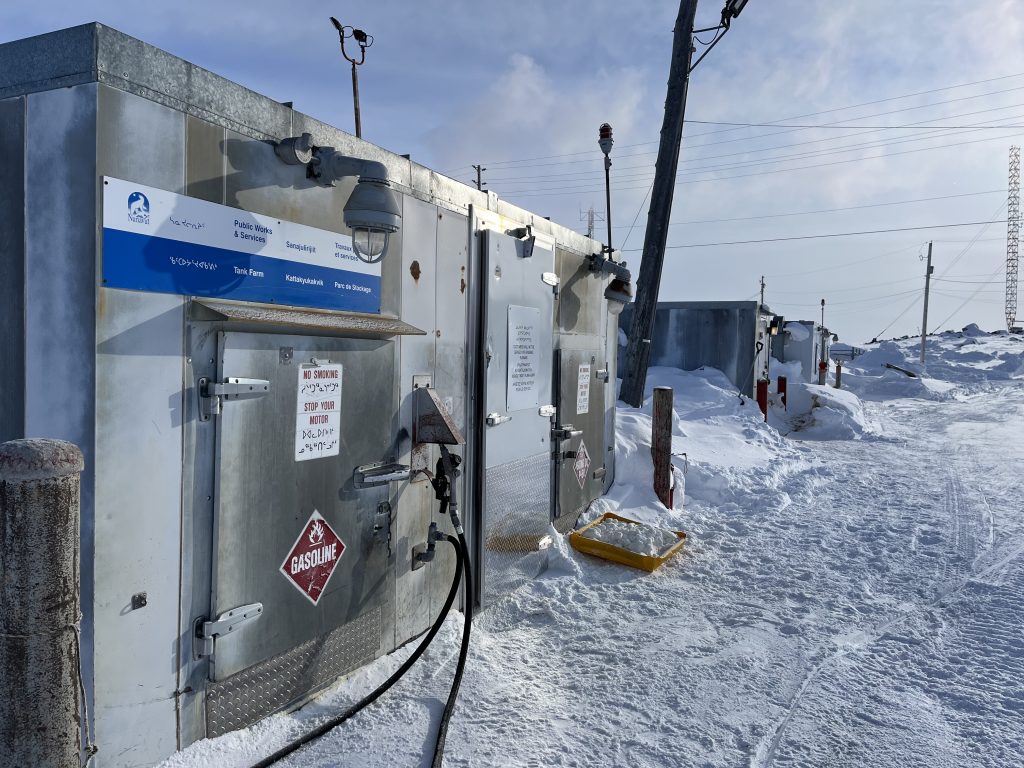ADK Holdings secures federal funding for geothermal initiative to cut diesel use

ADK Holdings Ltd., the economic development corporation of the Acho Dene Koe First Nation, is receiving over $2 million in federal funding to kickstart a geothermal energy project that could help the community reduce its reliance on diesel fuel.
The funding, announced Tuesday, will help the First Nation explore how geothermal energy can be used for heating in the hamlet of Fort Liard, a move that could lower energy costs and provide a more sustainable alternative to diesel.
“In northern Canada and across the country, clean energy presents an enormous economic opportunity that will also help people save money on their energy bills while keeping the air clean,” Jonathan Wilkinson, Canada’s Minister of Energy and Natural Resources said in a statement.
“The ADK Geothermal Development project will make a real difference in the lives of people living in the Northwest Territories while also driving down climate-changing emissions.”
Job creation, economic growth also to be explored
For Fort Liard, that means looking into geothermal resources on the First Nation’s traditional land—an option that could help cut energy costs and reduce the community’s reliance on diesel.
The project will also look at how geothermal energy could create jobs, and support economic growth in the region.

By switching to renewable energy, the community hopes to reduce its reliance on expensive and polluting diesel fuel, which has been a long-standing issue not just in Fort Liard but in remote communities across northern Canada.
Michael McLeod, the Member of Parliament for the Northwest Territories who announced the funding, pointed out the broader impact of the project.
“It’s great to see innovative projects come to life that will contribute to reducing diesel use and bringing health and economic benefits to communities,” he said.
“It’s another step in the Government of Canada’s commitment to supporting reconciliation, further recognizing Indigenous communities’ expertise in addressing climate change and protecting the environment.”
Trying to reduce diesel in northern Canada
The funding is part of the Government of Canada’s Clean Energy for Rural and Remote Communities (CERRC) program, which aims to reduce diesel use in northern and Indigenous communities since 2018.
The program has supported 111 projects across the country to date, the government said, including renewable energy and innovation initiatives. In total, $220 million has been allocated over eight years, with an extra $233 million added in 2021 to continue the work.
The ADK Holdings geothermal project also ties into the ideas in the Indigenous Council’s recent “Kinship and Prosperity” report, which looks at how Indigenous, rural, and remote communities can move toward clean energy, a government fact sheet said.
Related stories from around the North:
Canada: N.W.T. announces carbon tax exemption on diesel for home heating, CBC News
Finland: Sami turn down participation in Lapland wind power survey, Eye on the Arctic
Norway: Will the green transition be the new economic motor in the Arctic?, Eye on the Arctic
Sweden: Sweden’s climate policies closer to reaching goals, Radio Sweden
United States: Alaska’s Northwest Arctic Borough gets $2 million tribal energy grant, Alaska Public Media



